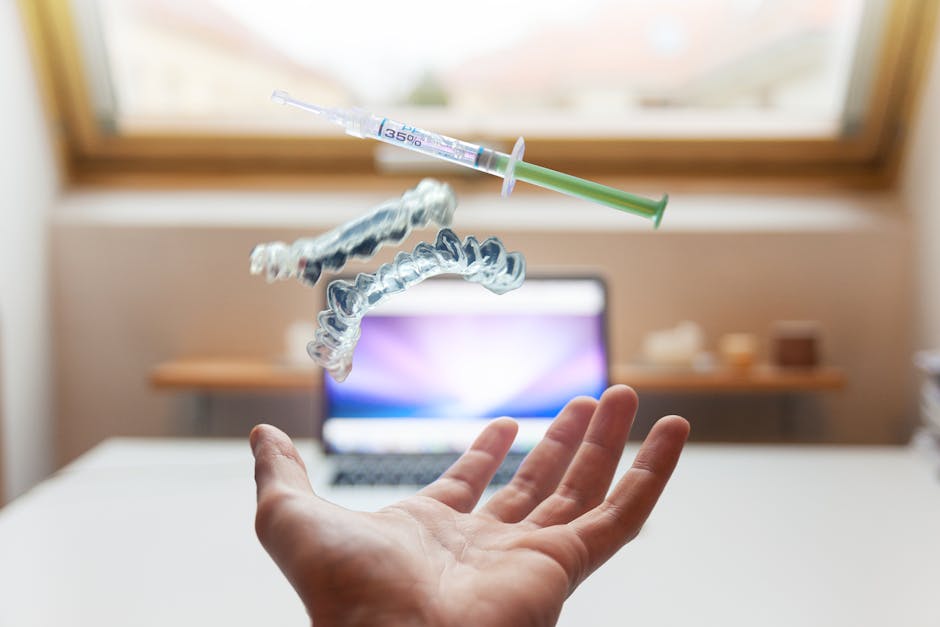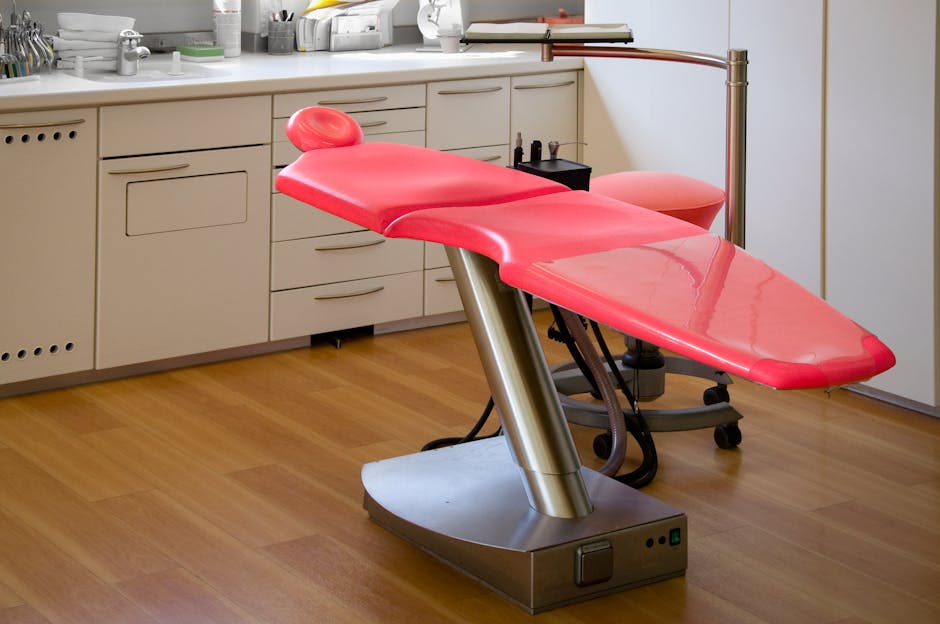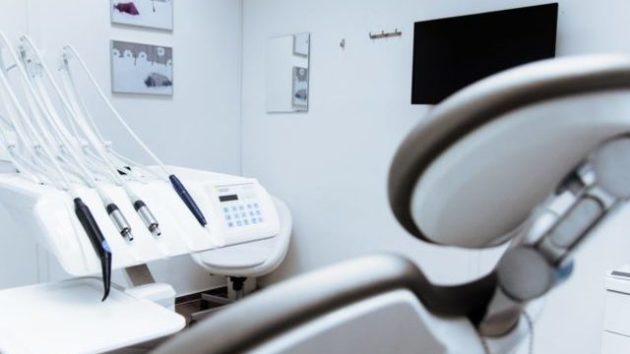Costly Dentist Visit: Some Ways to Save
At some point, everyone needs dental care. Millions of Americans are delaying their dental care for fear of having an appointment with the dentist or simply because it’s expensive. Avoiding dental chairs to save some penny will just cost you even more in the future.
If untreated, it can lead to bigger problems. Will you sacrifice your tooth over a small cavity? Will you just turn a blind-eye on your abscess and just let it become a major infection?
According to the 2013 US Survey of Dental Care Affordability and Accessibility, findings show that 56% of Americans without dental insurance get no preventive care at all. Additionally, 18% have been to the dentist only once or not at all in the past ten years.
Because of the lack of preventive care and dental visits, oral health is starkly poorer among those without dental insurance – 67% have at least one major unmet dental care need (e.g., missing teeth, bleeding gums, toothache). Even among the insured, a majority (57%) currently has at least one unmet dental need. The expensive costs of care and cost transparency are the top two factors that lead patients to withhold from a dental visit.
Nevertheless, if you are one of the millions of Americans keeping his or her dental care on hold out of fear of the cost tied to proper dental treatment, there are some solutions. Follow these tips for a cheaper dental trip.
Brush Your Teeth Regularly
Maintaining a proper routine in taking care of your oral health is essential to being healthy and at the same time money-wise. It may sound cliché, but it’s undeniably efficient in preventing tooth decay and other dental problems. Brushing your teeth is simply sweeping off the food debris left between the teeth. But by forcefully doing this, it will cause cavities, tooth decay, and gum disease.
Even though the enamel, toughest tissue of the human body, covers teeth, it can still be weakened and damaged by brushing staunchly. And once the damage happens, the body can’t fix it.
The recommended way of brushing your teeth is to position your toothbrush bristles at a 45-degree angle to the surface of the teeth and brush gently in small circles.
Also, be cautious when cleaning your gum line since tartar, plaque, and bacteria tend to accumulate in the area. Rinsing with a mouthwash and finishing with floss can be of great help too.
Compare

The cost for a particular dental treatment can vary by several hundred dollars or more. Try checking the average prices in your area, like dental billing in Houston or other states, for similar treatment by calling local dentists and see how much they charge for the treatment you want or you need. You can use websites like Fair Health to check online the average prices of dental procedures in your area.
Get Insured
Finding a way to balance your costs versus savings is possible as there are now more dental insurance options available than ever before. While dental insurance coverage does typically require a monthly or annual premium, and some upfront costs or co-payments, in most cases dental insurance lowers a person’s overall dental costs.
Average dental insurance policies usually operate on a basic 100-80-50 plan: 100 percent coverage for annual routine care; 80 percent of costs for initial procedures including fillings and extractions; and 50 percent cost reduction for major services like crowns, bridges, and others.
However, insurance plans normally have a spending cap. It means that you are only covered for a certain maximum dollar amount each year. A cap of $1,500, for instance, means that any charges incurred after the insurance carrier cover $1,500 in dental costs that year would be your responsibility entirely.
Try a Discount Plan

Another popular option is dental discount schemes. Designed for individuals, families, and groups, It is best when saving some penny on the dental care needs. Members of such plan can save 10% to 60% on the standard cost of dental care and treatments at a network of more than 100,000 dentists nationwide.
Some of the benefits of a dental discount plan include no deductibles, no co-pays, no waiting periods, no paperwork hassles, no restrictions on getting immediate treatment for pre-existing or expensive procedures, and no annual limit on how often you can use your plan to save at the dentist. Exclusions may vary per program.
Schedule Regular Cleanings and Exams
Just because you brush your teeth regularly and thoroughly, it doesn’t mean that you have fully cleaned your mouth. You might have missed tartar between your teeth, in tiny chips and cracks or just below the gum line. The plaque that has formed can result in oral infections if it remains untreated.
Removing plaque shouldn’t be forcefully done. Professional assistance and care are necessary to avoid undesirable consequences later on.
Recently, research shows that annual cleanings for an average dental patient are just as effective as visiting the oral doctor every six months. Moreover, this single appointment is essential as it aids to identify problems before they get serious and pricey. High-risk patients, like those with periodontal disease, may need additional frequent visits.
Ask Your Dentist for A Cash Discount and Negotiate

Discount plans aren’t insurance plans, but they are an affordable alternative to the uninsured. Many dentists out there are willing in giving discounts for cash customers. Some pay visits automatically discount up to 5% depending on the clinic. It can be pulled down further for an agreed specific plan.
Ask Questions
Communication is the key. Dentists are highly trained and are well-rounded in their field of expertise, but that doesn’t necessarily mean that your dentist will get to decide solely for you.
Ask questions about the purpose of any procedure that isn’t quite clear to you. Don’t hesitate to ask if the suggested action needs execution. For example:
- Is that operation medically compulsory or purely cosmetic?
- Is there a cheaper option that would work just as well?
Consider Going to a Local Dental School for Treatment
Dental students need exposure and hands-on practice especially those who are nearing their graduation. Under the supervision of the instructors, they perform cleanings and other procedures for the public at a steeply discounted price compared to those of dental clinics. You can check on the American Dental Association’s list of all the accredited dental schools across the country. Many of them offer services at an affordable price.
Be Part of Clinical Trials

Some institutes like universities and the National Institute of Dental and Craniofacial Research here and then need volunteers for their research. These study participants are often given free or low-cost dental services in trade for their voluntary involvement.
Takeaway
Taking into consideration all the major purchases and health care expenses; it will surely cost you several green bills. But by doing some research, comparing local clinics, getting insured, asking for discounts, etc. can make a huge difference in saving money. Well, you might be provoked to skip an appointment whenever you have a minor toothache, but this isn’t entirely a valid choice.
Dental care isn’t cheap, but the ways above will somehow help you in keeping your mouth healthy along with saving money. Remember, prevention is better than cure. Spending a few bucks is more worthwhile than waiting on dental problems over the long run.



Leave a Reply
Want to join the discussion?Feel free to contribute!